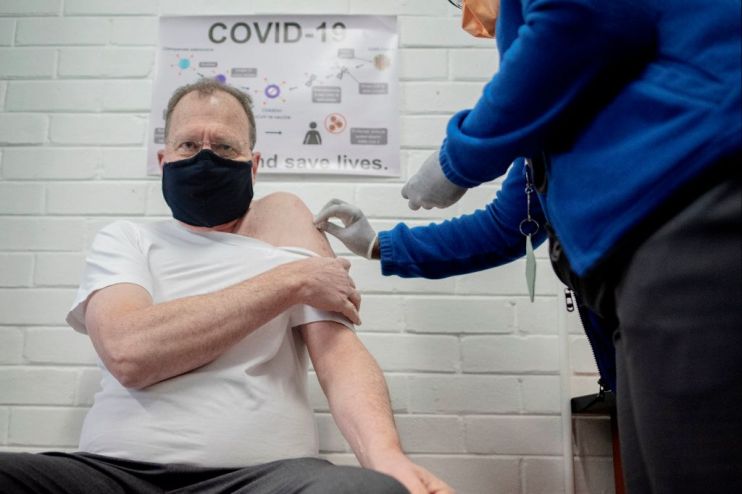Could anti-vaxxers be barred from offices, pubs and gyms?

Banning Covid vaccine refusers from offices, restaurants and other venues may lead to expensive discrimination claims, a leading lawyer has warned, even though it is not unlikely that care operators and the NHS may ultimately bar vaccine refusing staff for safety reasons.
With the UK moving closer to the rollout of a Coronavirus vaccine, to the delight of financial markets and the wider community, questions are being raised about those people who refuse to take the vaccine, the so-called anti-vaxxers.
A senior Tory MP, Tom Tugendhat, said last week he could “certainly see the day” when people are refused entry into pubs and restaurants, and they may not be allowed to return to their work place until they have had the vaccine.
“I can certainly see the day when businesses say: ‘Look, you’ve got to return to the office and if you’re not vaccinated you’re not coming in’,” the MP for Tonbridge, Edenbridge and Malling and current chair of the Foreign Affairs Committee, said.
Office ban
However, a leading employment lawyer has hit back at Tugendhat’s suggestion, saying such actions could result in expensive discrimination claims.
Andrew Willis, head of legal at HR and employment law consultancy Croner, said whether employers would ultimately be able to ban people from coming into work who refuse to have the vaccine would ultimately be very case-specific.
“There may be some industry sectors that may implement a requirement for its staff to have the vaccine for safety reasons.”
“For example, operators in care, or the NHS, will likely want to reduce the chances of a further Covid outbreak in their workplaces and see the vaccine as a critical method for doing this,” Willis said.
However, in workplaces that do not involve caring for vulnerable people, such as offices, hospitality or retail, it may be considerably more difficult to try and put in place such a restriction, he added.
Expensive claims
Health secretary Matt Hancock said last week that any vaccine will be optional and children will not be forced to get a vaccination.
“There could be several reasons why employees do not want to take the vaccine; they may have been advised not to due to a pre-existing disability, or the prospect of taking it may be having a negative effect on their mental health,” Birmingham-based Willis added.
“If they are subjected to a detriment as a result of this, such as being told not to come into work or even dismissed, the company may face a costly discrimination claim,” he added.
Vaccine debate
The debate around anti-vaxxers has intensified since the UK government has asked the NHS to be ready to deploy any Covid-19 vaccine from early next month. This becomes increasingly a likely scenario following reports that vaccines from both Pfizer and Moderna are more than 95% effective.
The UK government said earlier this month it is actively fighting anti-vaxxers. Prime minister Boris Johnson revealed that money splurged by vaccine taskforce chief Kate Bingham on private PR companies was necessary to combat anti-vaccine conspiracy theories.
Johnson, who has labelled vaccine refusers as “nuts“, told the House of Commons that the spending was necessary to reassure people vaccines were safe and to encourage participation in trials.
“The expenditure [helps to] raise awareness of vaccines, to fight the anti-vaxxers and to persuade the people of this country – 300,000 – to take part in trials without which we can’t have vaccines,” Johnson told MPs.